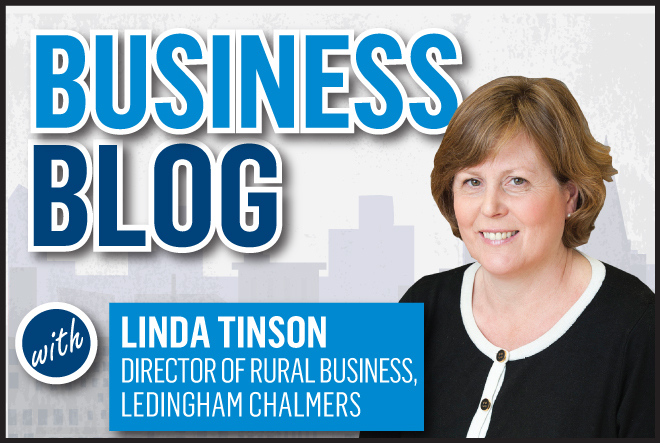How would you feel if a neighbour legally claimed a strip of land that has been a right of way for your business for decades?
Rural and family farming businesses are in danger of missing out on opportunities or even losing patches of property as The Land Registration (Scotland) Act 2012 comes into effect. It will mean the final legal end of one of the oldest land registers in the world, The General Register of Sasines.
From a legal point of view the Sasine Register is a historic achievement and something to be proud of, but it does have partial or incomplete records of title deeds, has unclear boundary lines and maps are not in line with Ordnance Survey. This has often made it very difficult to decide who owns what.
The Scottish Government has a vision to find out exactly this – who owns Scotland? The Keeper of the Registers of Scotland has been tasked to document all land by 2024 to fulfil the obligations of The Land Registration (Scotland) Act 2012, which came into force in 2014.
Only around 60% of land in Scotland is currently on the Land Register.
At Ledingham Chalmers, we’ve seen the importance of land owners and farmers participation in the Voluntary Land Registration process. It means that even though there is not due to be a change in ownership or alterations to securities, the owner voluntarily comes forward for first registration. As an incentive, the government is currently offering a 25% discount on registration fees.
With the General Register of Sasines now closed to transfers of property it is vital that land owners come forward to register their properties.
Legally, if there is a counter claim then the person who registered their land first might have a better claim. These claims are complicated and time consuming, meaning they could affect business if transactional work or a new security has to be completed within a strict timeframe.
With the 2012 Act, any transfer of land will induce a registration; on gift or transfer as well as sale and, as from April 2016, any security granted over land will similarly induce a first registration of the area secured.
A piece of land can make a big difference to land values. This can be as a ransom strip or right of access, which could be lost if not included in a land registration application. We are encouraging our clients to confirm they are on the Land Register.
A ready registered title can be a great advantage to a business. It means titles are mobile for the likes of sale of assets, offers of development or for renewables projects. Importantly, it provides certainty to the land owner that what they believe they own is what they absolutely own. This avoids ransom situations and unforeseen title problems at the most crucial times.
